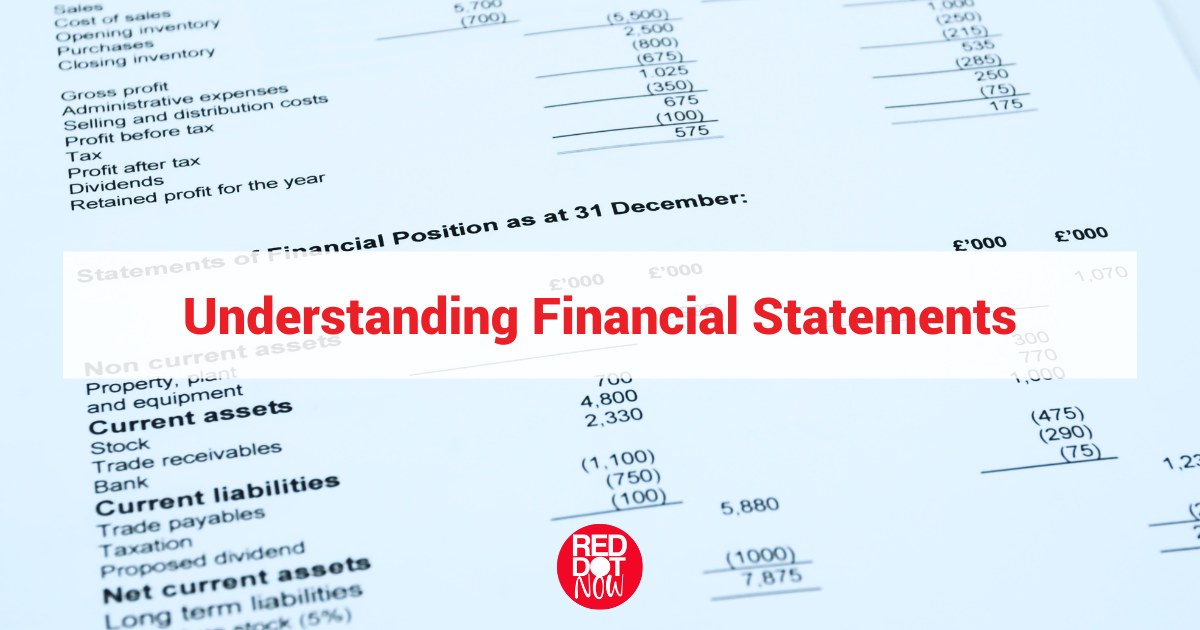
Understanding Financial Statements
Financial statements aren’t just for accountants—they’re essential tools for managing your business, making smart decisions, and staying compliant with SARS. Here’s a quick guide to the three key reports every entrepreneur should understand.
Balance Sheet: Your Financial Snapshot
The balance sheet shows what your business owns (assets), owes (liabilities), and the net worth (equity).
Formula: Assets = Liabilities + Equity
Why it matters:
It reveals your financial stability and is crucial when applying for funding or assessing growth.
Income Statement: Your Profit Tracker
Also called the profit and loss statement, it reflects your revenue, expenses, and net profit over a period.
Why it matters:
Helps you monitor profitability, manage costs, and prepare for tax season.
Cash Flow Statement: Your Liquidity Lifeline
Tracks how cash moves in and out of your business through operations, investments, and financing.
Why it matters:
Even profitable businesses can struggle without healthy cash flow. This report helps you plan and avoid shortfalls.
Local Relevance
In South Africa, accurate financial reporting supports tax compliance, grant applications, and investor confidence. Tools like Xero can simplify the process, and a freelance accountant can help interpret the numbers.
Final Thought
Understanding your financial statements gives you clarity, control, and confidence. Don’t just file them – use them to build a stronger, smarter business.
Red Dot Now provides accounting, payroll and tax compliance services using the best of breed online technology.
Should you want to discuss this, or any of our services further, contact Ryan Coates on e-mail at ryan@reddotnow.com
